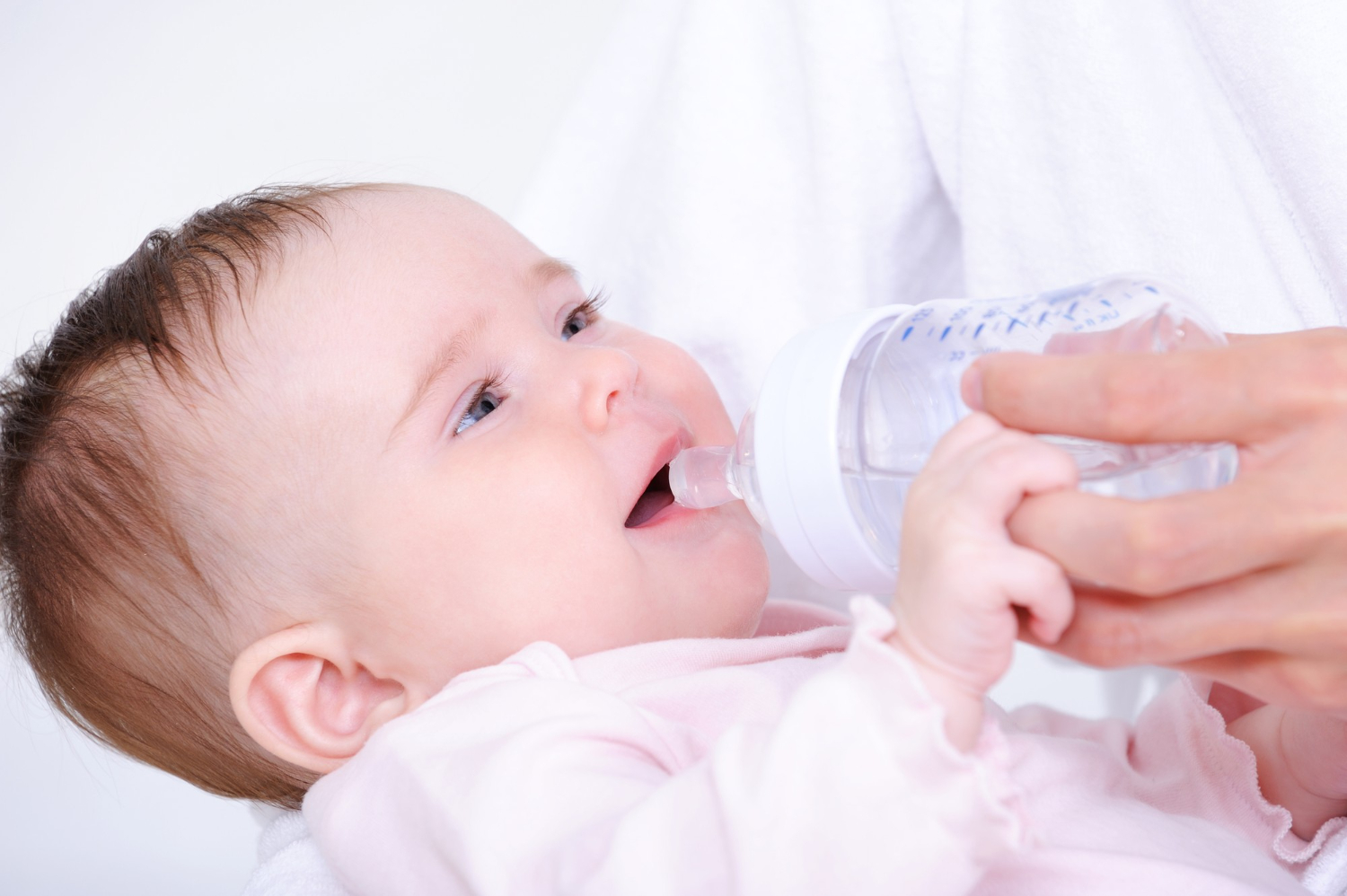The importance of hydration for babies
Proper hydration is crucial for maintaining optimal health in babies. As their bodies are made up of a high percentage of water, ensuring that they are adequately hydrated is essential for their overall well-being. When babies are well-hydrated, it helps their bodies function at their best and promotes optimal growth and development.
How hydration affects baby health
Hydration directly impacts the health and well-being of babies. It plays a significant role in maintaining their body temperature, especially during hot weather or when engaged in physical activities. When babies are properly hydrated, they are less likely to experience overheating or heat-related illnesses. Additionally, hydration supports healthy digestion, preventing issues such as constipation and promoting regular bowel movements. It helps in the absorption of nutrients, ensuring that babies receive the necessary nourishment for their growth and development.
Furthermore, adequate hydration contributes to healthy skin in babies. Proper water intake helps maintain the skin’s elasticity and moisture, preventing dryness and itchiness. This is particularly important for babies who have sensitive skin. Hydration also aids in flushing out toxins from the body, promoting a healthy immune system and reducing the risk of infections. Overall, ensuring that babies stay hydrated is vital for their overall health and well-being.
Signs of dehydration in babies
It is important to be aware of the signs of dehydration in babies to promptly address any hydration issues. Some common signs of dehydration in babies include:
Dry mouth and lips: When a baby is dehydrated, their mouth and lips may appear dry and cracked. This is a clear indication that the baby needs more fluids.
Decreased urine output: If a baby is not producing an adequate amount of urine or has dark-colored urine, it may be a sign of dehydration.
Sunken fontanelle: The fontanelle, also known as the soft spot on a baby’s head, may appear sunken when they are dehydrated. This can be observed by gently feeling the baby’s head.
Irritability and lethargy: Dehydration can make babies irritable and fussy. They may also appear tired and lethargic, lacking their usual energy levels.
Lack of tears: Babies who are dehydrated may have reduced tear production. Tears are an important indicator of hydration levels.
If any of these signs are observed in a baby, it is crucial to provide them with fluids immediately and consult a healthcare professional if necessary.
How to keep your baby hydrated
Keeping your baby properly hydrated is essential for their well-being. Here are some tips to ensure your baby stays hydrated:
Breastfeeding or formula feeding: For newborns and infants, breast milk or formula is the primary source of hydration. Ensure that your baby is nursing or bottle-feeding frequently to meet their fluid requirements.
Offer water: Once your baby is around six months old and has started solid foods, you can begin offering small amounts of water in a sippy cup. This helps introduce them to drinking water and encourages healthy hydration habits.
Monitor urine output: Track your baby’s urine flow by keeping an eye on it.. The color and frequency of their urine can be a good indicator of their hydration status. Assuming you notice any changes, counsel your family doctor.
Dress for the weather: Be mindful of the weather conditions and dress your baby appropriately. In hot weather, dress them in lightweight, breathable clothing to prevent overheating and excessive sweating.
Avoid excessive heat exposure: Limit your baby’s exposure to extreme heat, especially during peak hours. Keep them in shaded areas and avoid direct sunlight to prevent dehydration.
Offer fluids during illness: If your baby is unwell, they may require additional fluids to stay hydrated. Offer them water or an oral rehydration solution as recommended by your healthcare provider.
Remember that each baby’s hydration needs may vary, so it is important to pay attention to their individual cues and consult with a healthcare professional for personalized advice.
Hydration tips for breastfeeding mothers
Breastfeeding mothers also play a crucial role in ensuring their baby’s hydration. Here are some tips for breastfeeding mothers to maintain their own hydration levels:
Drink plenty of water: Staying hydrated is essential for breastfeeding mothers as it helps maintain an adequate milk supply. Expect to drink something like 8-10 glasses of water each day.
Keep a water bottle handy: Keep a water bottle within reach while breastfeeding to remind yourself to drink water regularly. This is particularly useful for night time feedings.
Consume hydrating foods: Take foods that are high in water content, such as fruits and vegetables, to stay hydrated. This not only provides hydration but also adds essential nutrients to your body.
Avoid excessive caffeine and alcohol: Both caffeine and alcohol can dehydrate the body. Limit your intake of these substances to ensure optimal hydration.
Hydration and baby development
Proper hydration is not only important for a baby’s immediate health but also for their long-term development. Adequate hydration supports brain function and cognitive development in babies. As the brain is composed mostly of water, ensuring proper hydration helps optimize its performance. This can positively impact a baby’s learning abilities, memory retention, and overall cognitive skills as they grow.
Conclusion
Hydration plays a vital role in promoting optimal baby health. By ensuring that babies are adequately hydrated, we support their overall well-being, growth, and development. Proper hydration aids in regulating body temperature, maintaining healthy digestion, promoting healthy skin, and supporting the immune system. It is important for parents to be aware of the signs of dehydration and take necessary steps to keep their babies hydrated. Breastfeeding mothers also play a significant role in maintaining their own hydration levels to support breastfeeding and provide sufficient fluids to their babies. By prioritizing hydration, we give our babies the best chance for a healthy start in life.
